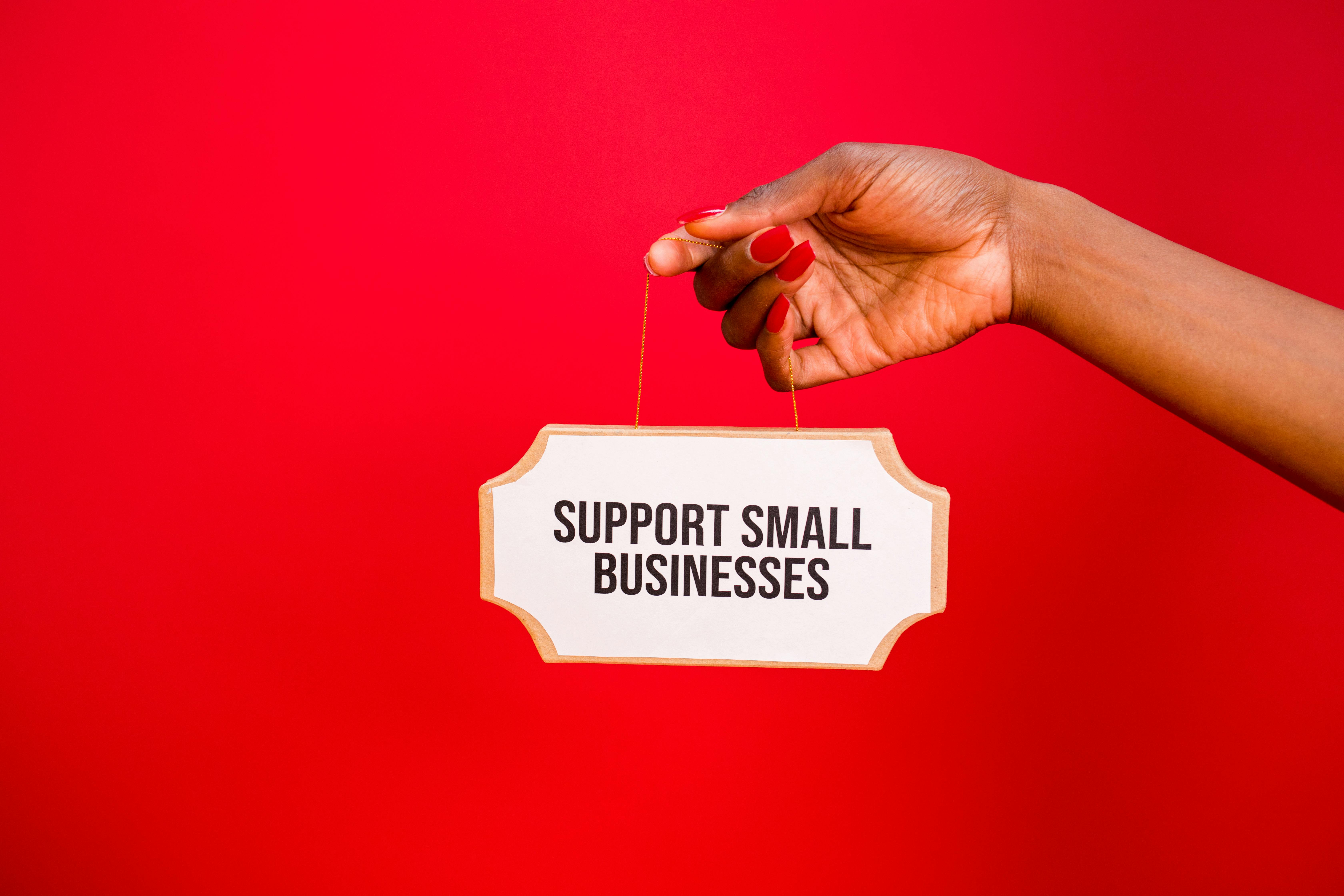Get found by AI: Why earned media is the secret weapon for search visibility
How earned media is becoming the most influential factor in how AI platforms like ChatGPT surface brands in search

Traditional search engine optimisation, long regarded as the cornerstone of online visibility, is steadily being overshadowed by the rise of artificial intelligence in search. As platforms like ChatGPT, Gemini, Copilot, and Perplexity become increasingly dominant in the way users retrieve information, it is no longer enough for SMEs to optimise websites for Google alone. The game has shifted. Today, brands must court visibility in a more powerful way: through earned media.
Recent research from Hard Numbers shows that 61% of brand content retrieved by AI systems originates from editorial, or earned, media. This figure dwarfs the proportion sourced from owned websites or social channels. It’s a clear sign that the credibility conferred by respected media coverage now plays a decisive role in determining which companies AI systems recognise, cite, and recommend.
The reasons for this shift are both technical and cultural. Large language models, trained on vast amounts of publicly available text, lean heavily on reputable journalism to make sense of the world. National newspapers such as the BBC and The Guardian, alongside specialist trade publications, dominate AI outputs because they are seen as authoritative. In contrast, blogs and company websites rarely feature unless they have already been referenced by the press.
We conducted our own research across 1,000 branded and non-branded search queries spanning various business sectors using insights from ChatGPT-4. The findings revealed that AI platforms overwhelmingly favour content from industry-specific media. National media like The Guardian and BBC followed, driven by their coverage of prominent brands and business trends. Social sources, including Reddit threads and LinkedIn posts, appeared next, often used for comparisons, product feedback, or user perspectives. Regional outlets were referenced infrequently, surfacing mainly in location-based queries. Content from company blogs or brand-owned websites consistently made up less than 10 per cent of citations, showing the limited weight AI assigns to self-published material.
For SMEs, this shift in citation patterns has real-world implications. With online search increasingly shaped by LLMs, visibility depends not on who shouts loudest, but on who is spoken about by others with authority. In our analysis, brands that had received editorial coverage were 50 per cent more likely to be named in AI-generated responses than those that had not. While causation is difficult to prove, the correlation is suggestive: earned media coverage appears to function as a kind of passport to inclusion in the new generation of AI search tools.
It is not only presence in the press that matters, but the nature of that presence. Structured, data-rich content—such as expert commentary, statistical round-ups, and thought leadership tends to fare better than promotional copy or advertorials. AI platforms favour material that informs rather than sells. Moreover, timeliness plays a crucial role: recent articles are more likely to be surfaced by AI models than older ones, suggesting that an ongoing PR strategy yields better results than one-off campaigns.
The implications for SMEs are clear. Those that wish to maintain or improve their digital visibility must rethink their approach to public relations. Instead of focusing solely on traditional SEO tactics, businesses should aim to build relationships with journalists, pitch timely and relevant stories to trusted publications, and contribute meaningfully to sector-specific debates. In other words, they must become part of the editorial conversation that AIs are now trained to pay attention to.
For small firms, this may seem like a daunting shift. But the opportunity is significant. While the barriers to entry for traditional media coverage were once high, the digitalisation of journalism and the growth of trade and regional outlets have levelled the playing field. A well-timed comment on industry trends, a strong opinion piece, or a compelling case study can now achieve far more than a perfectly optimised blog post ever could.
Ultimately, the AI era does not mean the end of search. Rather, it signals a transformation in how search operates and in what it rewards. Trust is currency. And trust, increasingly, is built on bylines.
To learn how to elevate your brand’s visibility in the age of AI, and to create the kind of media presence that gets noticed by large language models and journalists alike, get in touch. With deep expertise in editorial strategy, media placement, and reputation-building for SMEs, Hendrix Rose PR can help your business become part of the conversations that matter most.




